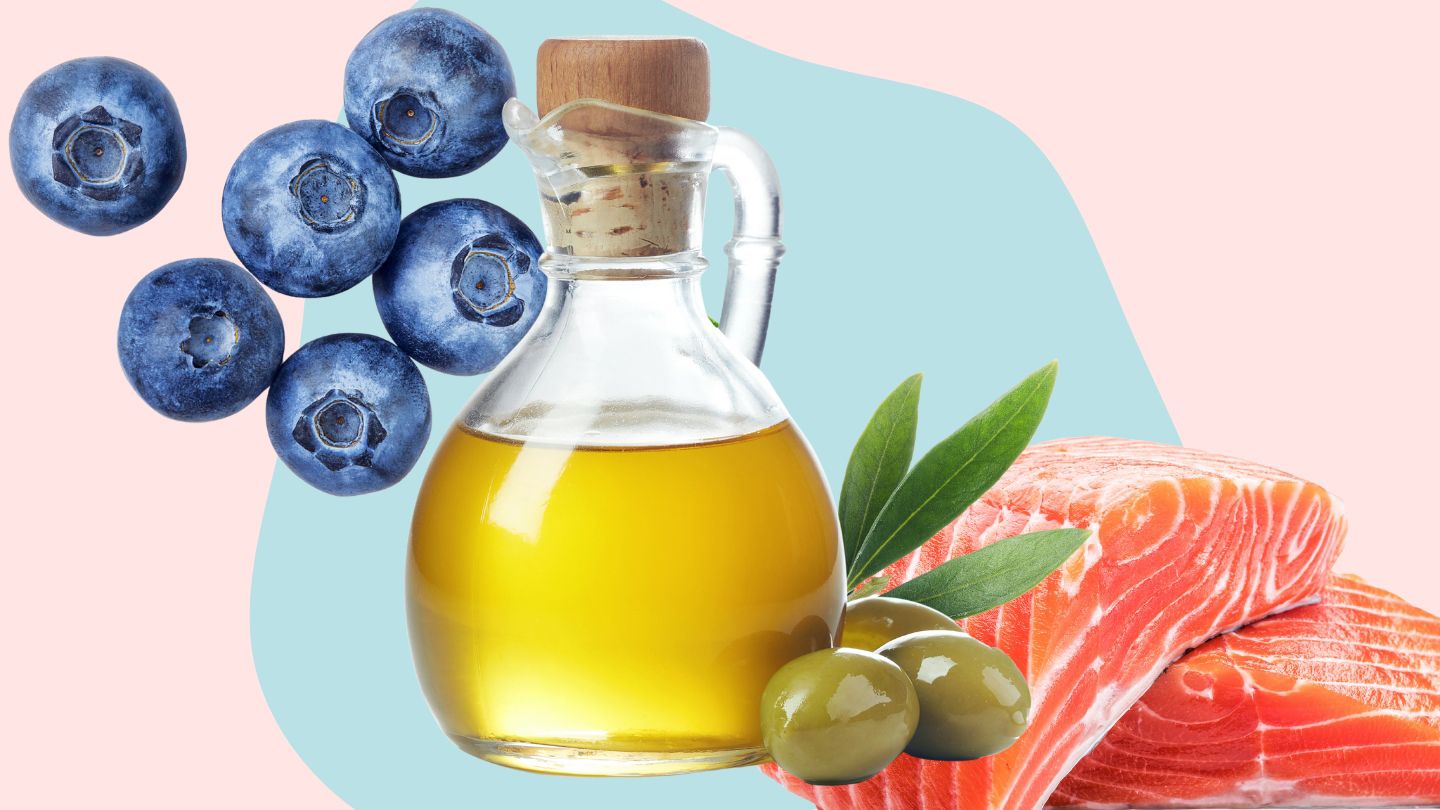Symptoms of an HAE attack include abdominal pain, diarrhea, nausea, and vomiting — all of which can make it difficult to eat. If you’re experiencing abdominal swelling, “Stick to bland, easy-to-digest options like clear broths, plain rice, bananas, or electrolyte drinks,” says Randhawa. “Avoid greasy, spicy, or heavy foods until symptoms pass.”
No matter what food choices you make, be sure to eat a nutritious diet. When in doubt, aim for a heart-healthy eating plan. Some research has found an increased risk of heart disease in people who have HAE — including higher rates of high blood pressure (hypertension) — possibly linked to low-grade inflammation in the body.
Need help bolstering your diet or have questions about which foods you should eat more of or avoid? Ask your doctor for help or a referral to a dietitian, who can help you develop a well-balanced meal plan that works for you.
Read the full article here




